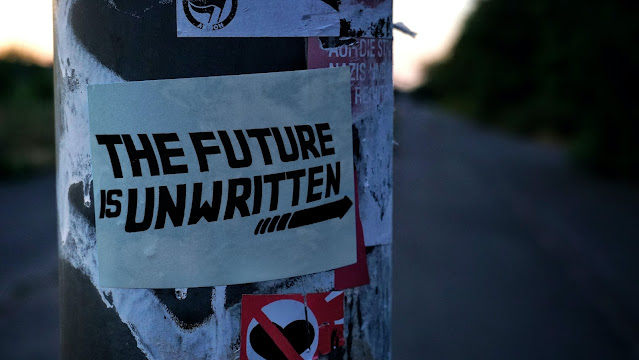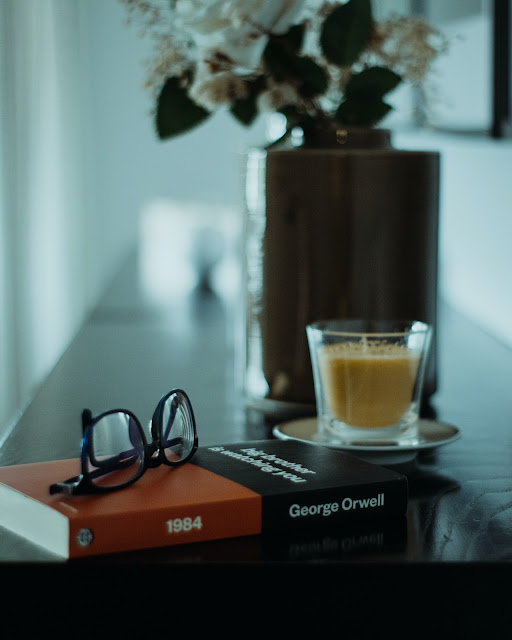The Future is not exactly 'Unwritten'

Saying the future is tricky to predict is an under statement, despite that it's still unwritten, a few books have outdone themselves in predicting it. Some of which have been remarkably accurate. Here are a few that were spot on... "The War of the Worlds" by H.G. Wells (1898) predicted the use of tanks in warfare, as well as the devastating impact of chemical weapons. "Brave New World" by Aldous Huxley (1932) predicted the widespread use of mood-altering drugs, the proliferation of consumer culture, and the dangers of genetic engineering. "2001: A Space Odyssey" by Arthur C. Clarke (1968) predicted the use of video calls, tablet computers, and artificial intelligence. "The Minority Report" by Philip K. Dick (1956) predicted the use of pre-crime technology and the potential dangers of surveillance and predictive analytics. "Neuromancer" by William Gibson (1984) predicted the rise of cyberspace and the internet, as well as the use o...
